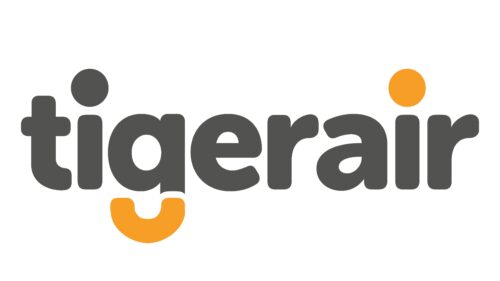Tigerair is an airline that operates in the aviation industry. The company is owned by Singapore Airlines Limited. With its headquarters in Singapore, Tigerair operates flights to various destinations in Asia, including Indonesia, Malaysia, Thailand, and China. The airline aims to provide affordable and convenient air travel options for passengers, maintaining a strong focus on safety and customer satisfaction.
Meaning and history
Tigerair, established in 2003, is a renowned low-cost airline headquartered in Singapore. It was founded by Singapore Airlines and started operations as a budget carrier. Over the years, Tigerair achieved significant milestones, expanding its route network across Asia-Pacific and providing affordable air travel options to millions of passengers. The airline garnered a reputation for its punctuality and efficiency, earning accolades and industry recognition. However, in 2017, Tigerair merged with Scoot, another Singapore-based low-cost carrier, to form a single entity under the Scoot brand. Today, Scoot continues to operate flights to various destinations, offering affordable and convenient travel options to travelers across the region.
What is Tigerair?
Tigerair was a Singapore-based low-cost airline that operated from 2004 to 2017. It offered affordable flights to various destinations across Asia, including popular tourist spots and major cities. With a focus on cost efficiency, Tigerair provided no-frills service while maintaining a strong emphasis on safety and reliability.
2003 – 2013
The first name of the air carrier was TigerAirways, and this is what was written on its initial badge, introduced in 2003. It was set in the lowercase of a bold slanted sans-serif typeface, in black and gray, decorated by a bright yellow and black drawing of a leaping tiger above the wordmark.
2013 – 2017
In 2013 the name of the air carrier was shortened to TigerAir, and the logo was changed accordingly. The new composition was set in a cool minimalistic style, with the bold rounded lettering in the lowercase set in gray, and the tail of the “G”, as well as the dot above the second “I”, colored in orange.










